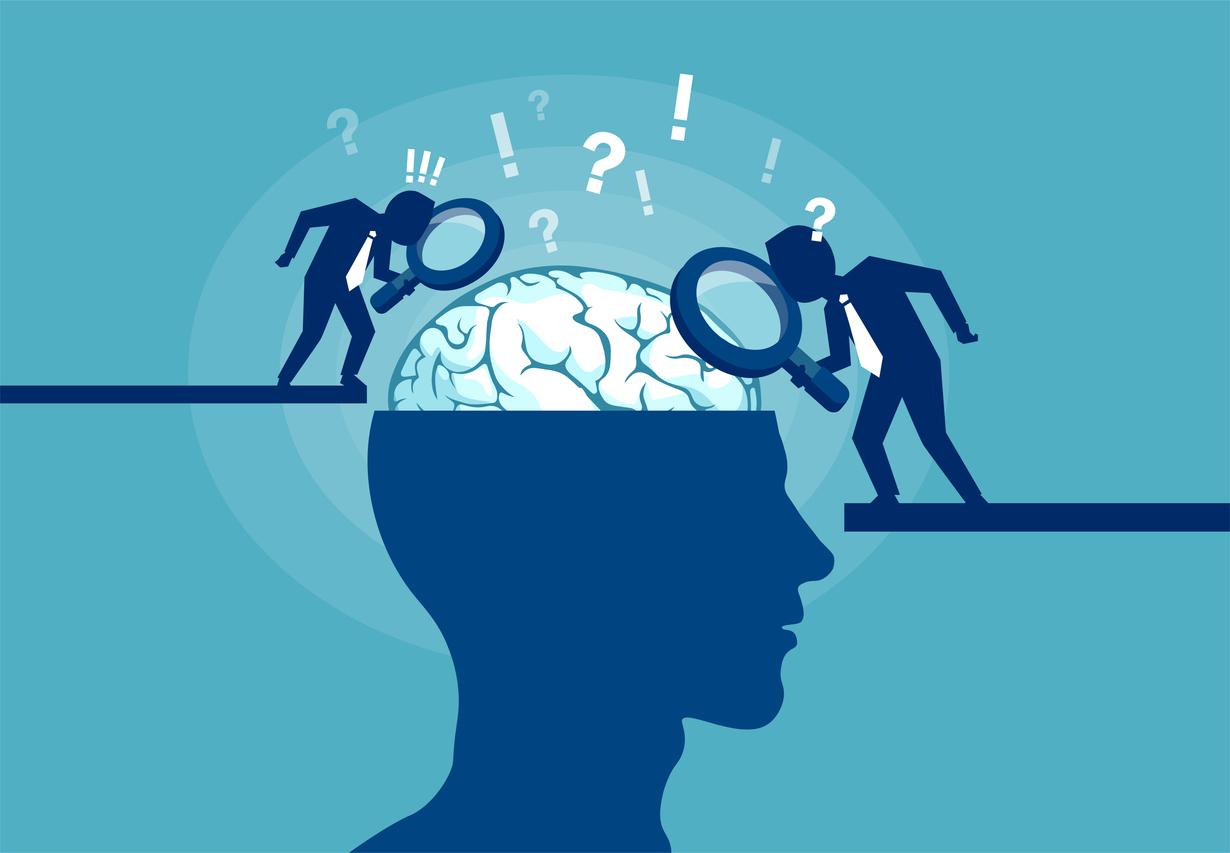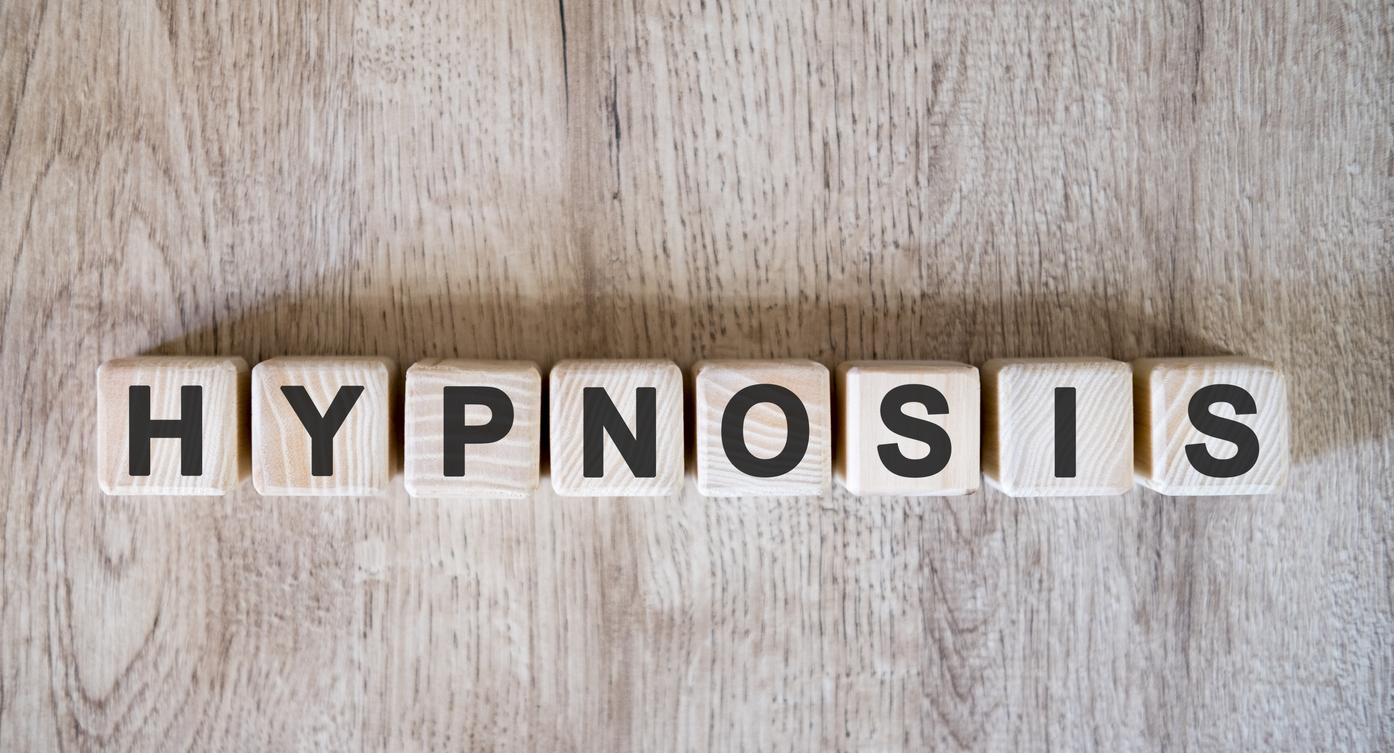An element of neural activity can be used to predict whether or not a person can be hypnotized.

- Hypnosis does not work the same way on everyone.
- People who are more or less sensitive to hypnosis have different neuronal activity, new research suggests.
- 75 people were tested to achieve this result.
Hypnosis does not work with the same intensity on everyone, with some people being particularly receptive. To try to understand why some people are so easily mesmerized and others are not, researchers recorded the brain activity of a group of volunteers as they attempted to hypnotize them, revealing key differences between the brains of the subjects. more and less sensitive.
The study involved a total of 75 participants, all of whom were asked to complete an assessment designed to reveal their sensitivity to hypnosis. This pre-screening stage allowed the authors to identify 40 people who scored extremely high or abnormally low, meaning they were classified as very likely or unlikely to respond to hypnosis.
The researchers then used electroencephalography (EEG) to record the neural activity of these volunteers before and after the hypnotic induction, obtained by reading a script by one of the team members.
“Several characteristics differentiate individuals who are very sensitive to hypnosis”
“By recording the EEG before and after the hypnotic induction and analyzing various neurophysiological characteristics, we identify several characteristics that differentiate individuals who are highly sensitive to hypnosis from those who are not, both before and after the induction, which underlines the multifaceted nature of hypnotic phenomena”, write the scientists.
“Instead of pinpointing a single neural pattern, our results support the idea that hypnotic experiences have a stratified neural basis.”they continue.
However, although the factors separating people who respond well from those who do not respond well to hypnosis are numerous, one element of brain activity has emerged as a clear predictor of sensitivity to hypnosis.
Those whose neural activity does not vary are less likely to respond to hypnosis
“Our analysis revealed that the main discriminating feature is arrhythmic (i.e. non-oscillatory) EEG activity before hypnosis induction – a new finding in the field,” write the researchers in their report.
In other words, those whose neuronal activity does not vary on the electroencephalogram before being hypnotized are less likely to respond to this technique than others. “This discovery promotes the idea that sensitivity to hypnosis is constitutive of individuals,” they conclude.
















